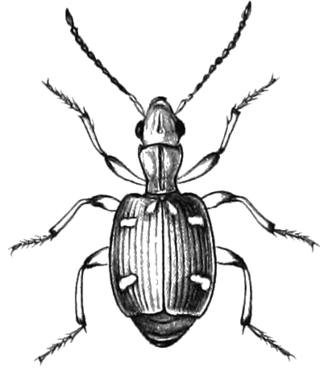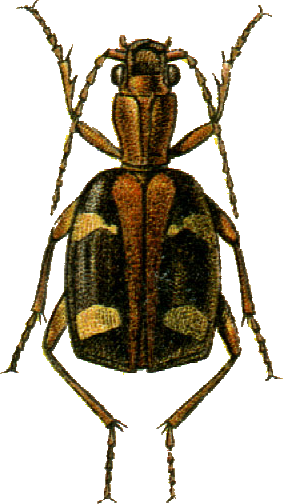
Monogononta is a class of rotifers, found mostly in freshwater but also in soil and marine environments. They include both free-swimming and sessile forms. Monogononts generally have a reduced corona, and each individual has a single gonad, which gives the group its name. Males are generally smaller than females, and are produced only during certain times of the year, with females otherwise reproducing through parthenogenesis.

In mathematical analysis, the maximum and minimum of a function, known generically as extremum, are the largest and smallest value of the function, either within a given range, or on the entire domain. Pierre de Fermat was one of the first mathematicians to propose a general technique, adequality, for finding the maxima and minima of functions.

In mathematics, approximation theory is concerned with how functions can best be approximated with simpler functions, and with quantitatively characterizing the errors introduced thereby. Note that what is meant by best and simpler will depend on the application.

The mastoid lymph nodes are a small group of lymph nodes, usually two in number, located just beneath the ear, on the mastoid insertion of the sternocleidomastoideus muscle, beneath the posterior auricular muscle.

Photedes extrema, the concolorous, is a moth of the family Noctuidae. The species was first described by Jacob Hübner in 1809. It is found in most of Europe.

Brachininae is a subfamily of beetles in the family Carabidae.

Mastax is a genus of beetles in the family Carabidae, containing the following 52 species:
Avitomyrmex is an extinct genus of bulldog ants in the subfamily Myrmeciinae which contains three described species. The genus was described in 2006 from Ypresian stage deposits of British Columbia, Canada. Almost all the specimens collected are queens, with an exception of a single fossilised worker. These ants are large, and the eyes are also large and well developed; a sting is present in one species. The behaviour of these ants may have been similar to extant Myrmeciinae ants, such as foraging solitarily for arthropod prey and never leaving pheromone trails to food sources. Avitomyrmex has not been assigned to any tribe, instead generally being regarded as incertae sedis within Myrmeciinae. However, its identity as an ant has been challenged, although it is undoubtedly a hymenopteran insect.
Mastax formosana is a species of beetle in the family Carabidae with a restricted distribution in Taiwan.
Mastax congoensis is a species of beetle in the family Carabidae with restricted distribution in the Afghanistan.
Mastax liebkei is a species of beetle in the family Carabidae with restricted distribution in the Democratic Republic of Congo.
Mastax pakistana is a species of beetle in the family Carabidae with restricted distribution in the Pakistan.
Mastax raffrayi is a species of beetle in the family Carabidae with restricted distribution in the Ethiopia.
Mastax rawalpindi is a species of beetle in the family Carabidae with restricted distribution in the Pakistan.
Mastax nana is a species of beetle in the family Carabidae found in Chad, Mali and Democratic Republic of the Congo.
Mastax poecila is a species of beetle in the family Carabidae found in Cambodia, China and Singapore.
Mastax royi is a species of beetle in the family Carabidae that can be found in Ivory Coast and Senegal.

Mastax thermarum is a species of beetle in the family Carabidae found in Asia and Europe.
Republican Popular Unity was a Spanish electoral candidacy formed to contest the 1986 general election by the Communist Party of Spain (Marxist–Leninist) and Republican Convention of the Peoples of Spain (CRPE).

Kumbadjena extrema is a species of velvet worm in the family Peripatopsidae. This species has 15 pairs of legs. The type locality is in Western Australia.








